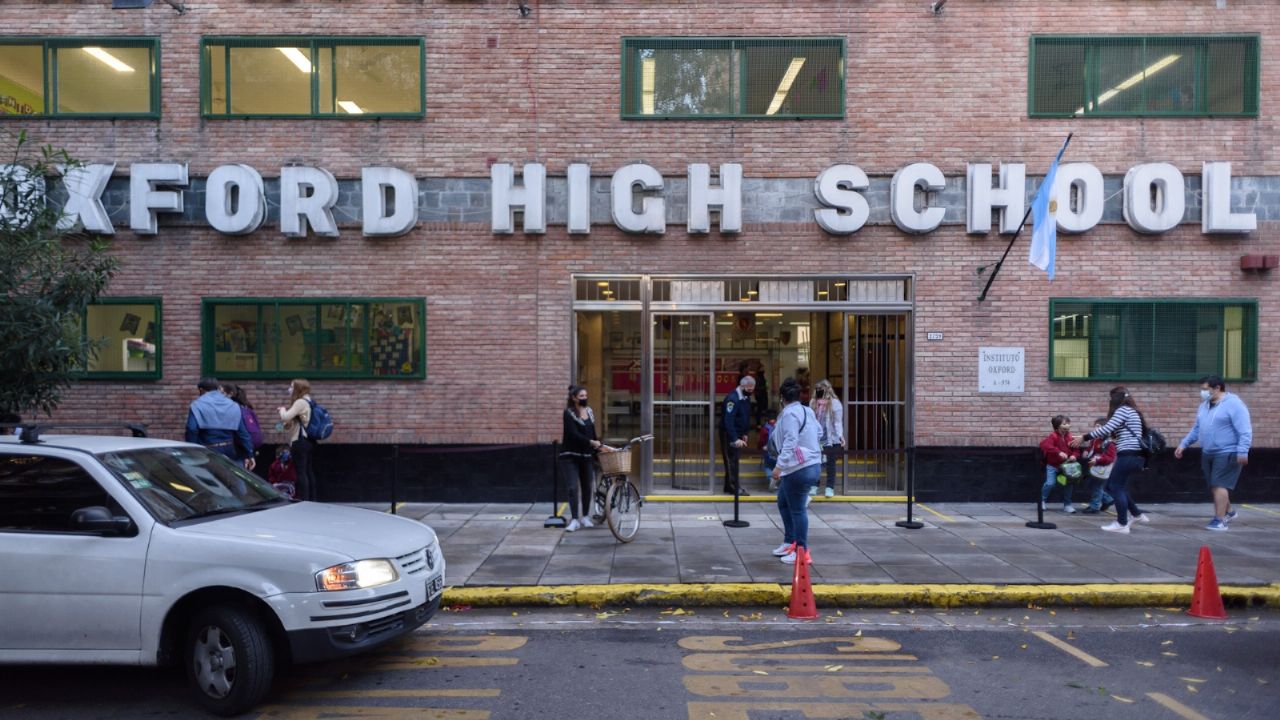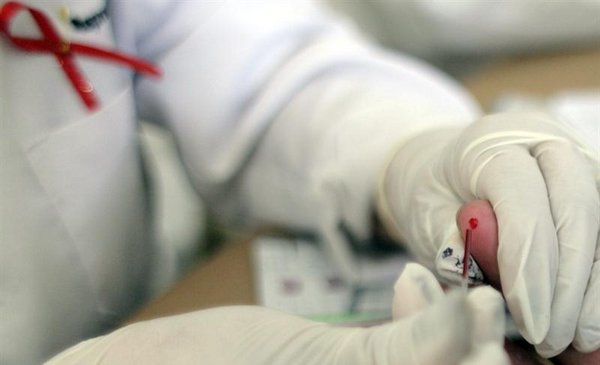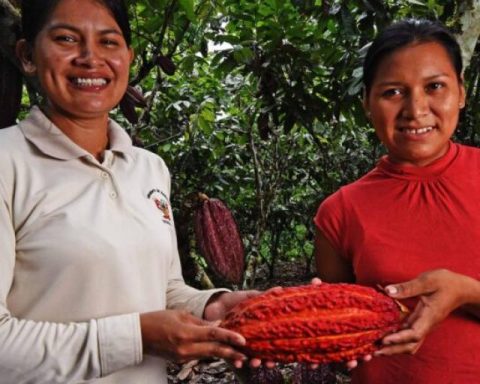The first version of Fair Prices ended, launched in November 2022, in which the values of at least 2,200 mass consumption products were frozen, such as food, personal hygiene, cleaning and beverages, and price increases were allowed up to 4% on another 30,000 items, both issues, in supermarkets. Now they go for the private schools.
Due to the success of the extent in providing forecasts to the consumers of large supermarket chains, from the Ministry of Economy, chaired by Sergio Massa, together with the Secretary of Commerce, directed by Matías Tombolini, launched the second edition of Precios Justos, where they will include as a novelty, the item of bookstore articles, school supplies and increases in quotas of private schools.
The previous version gradually increased the number of sectors it included, going so far as to provide limits for increases in medicines, fuels, textiles, footwear, among other important items, and, with the start of the school year this month, the relevant sectors will be covered. to schooling, that is, once again school supplies, fees for private schools and stationery.
The announcement that Massa made at the Kirchner Cultural Center (CCK), yesterday, established a single criterion for increases in the value of membership fees. private educational institutions throughout the territory. According to the minister’s words: “Some provinces had authorized increases of up to 40% for March” and as a counterpart, they reported that in the named month, they will allow an increase of up to 16.8%. The subsequent April, May and June will have increases of 3.35% and July will close with 4% more.

What can be expected from Fair Prices?
The Government emphasizes that the consumer value control program helps significantly in the deceleration of month-to-month inflation that our country could register, provides predictability to consumers and does not allow the large mass consumer goods trade concentrators to agree raise prices all together to increase profitability.

On the other side of the coin, it is known that since the plan arrived, the price gap between the supermarkets and hypermarkets contemplated in the Government program has increased, and local businesses (kiosks, warehouses, supermarkets and neighborhood pharmacies) that are not included. The problem was partially solved by incorporating the wholesalers in Fair Prices, but as announced by the representatives of Chinese supermarkets and those of the storekeepers (Yolanda Durán and Fernando Savore respectively), the products are not found in these establishments.


















